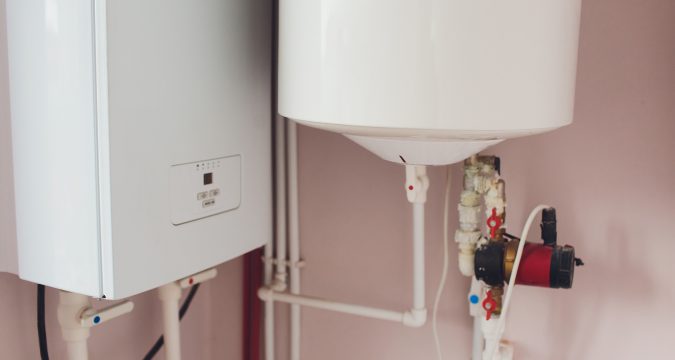
Customers who do their research and understand their own hot water requirements are well-positioned to buy a gas hot water unit that becomes a long-term asset.
While the engineers, developers, and other professional parties who sell these goods will know all of the intricate details, general consumers just need to have a gauge of the basics.
Everyone is susceptible to a purchase that looks good on a website or through a TV advertisement, but the real quality is found when the utility is a good fit for the buyer according to their infrastructure, budget, and hot water habits.
We will offer some methods that will allow men and women to cut through the noise and give them the right information to make a valuable investment.
Assessing Domestic Water Needs
The amount of hot water that is produced by a gas hot water unit will vary from one outlet to the next. From the instantaneous systems that are ideal for high volume use to traditional gas, continuous flow, and solar models which all bring their own selling points to the table, homeowners need to know how much they will be using month-to-month, week-to-week, and day-to-day. A common barometer for clients is to determine how many residents use hot water and assess this figure against the 50L of heated water per day.
Establishing Local Gas Connection Status
The type of hot water connection that is established on the premises will need to be taken into account before a gas hot water unit can be identified. Fortunately, homeowners can enjoy these goods regardless of their power source, whether that features a sustainable gas network, an electric power grid connection or even solar panels on site. Then there will be differentials within these gas connections, separating constituents who have utilised a liquid petroleum gas (LPG) or natural gas (GP) development. The client should be across their current infrastructure as an initial step.
Energy Efficiency Rating
The energy efficiency rating is commonly showcased in the 3 and 5-star varieties as homeowners lookout for a new gas hot water unit installation. The higher the level of efficiency for the brand, the lower the emissions, and the longer the lifespan. The lower rating threshold will be valuable for those seeking an early bargain from the outset, but the higher-rated outlets will prove the better investment over the intervening months and years.
Home Storage Space
From the modest 90L tanks to the extensive 170L editions, those who are seeking a traditional gas hot water unit that requires storage space will need to examine what works for their premises. The physical space is one component, but the access to the cylinder is another consideration altogether. How easy will it be to transport, install and engage for repair and maintenance purposes?
Warranty Protection
These investments for a gas hot water unit require long-term protection measures if they are to be considered value for money. Their lifespan will vary from one supplier to the other, but the top outlets will extend this coverage for upwards of 8-10 years for local clients to give them assurances and peace of mind. It might look like minor details hidden in the fine print, but shoppers who want excellence with their gas hot water unit are best placed when they secure an extensive warranty guarantee.
Client Budget & Free Quote Access
Constituents who are seeking these gas units must establish a financial figure in mind or wait until they receive multiple free quotes before deciding what brands work for them. This gives them tangible figures to work with and a transparent process that leaves nothing to chance in a monetary sense. Although the solar models for gas installation will be considered at the top end for a price mark, they will be more sustainable over the span of each utility bill that comes through the mail.
